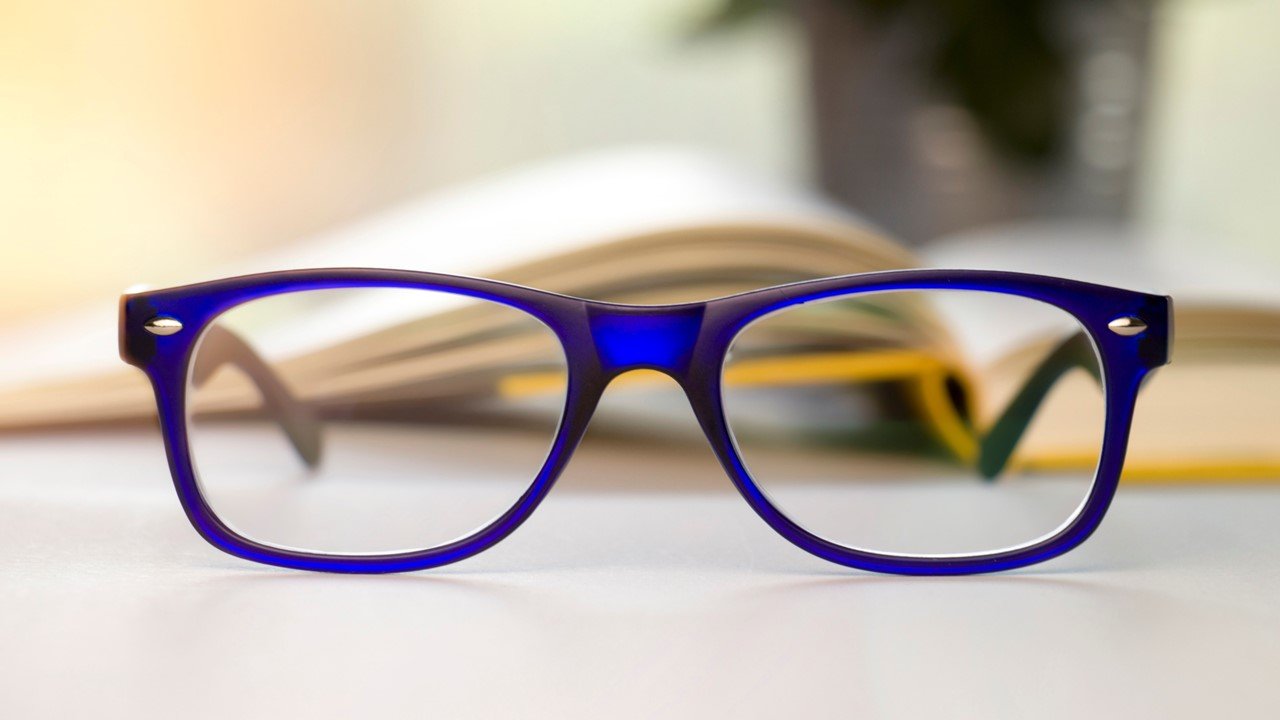How to Choose the Right Magnification for Reading Glasses: A Simple Guide

As we age, our eyes may need some help when reading fine print, books, or screens. That’s where reading glasses come in. But with so many options, how do you choose the right magnification? If you’re wondering how to find the perfect magnification for your reading glasses, this guide will help you make an informed choice.
What is Reading Glass Magnification?
Reading glasses magnification, also known as diopter strength, is the level of lens power that helps you see things more clearly at close distances. These strengths typically range from +1.00 to +3.50, increasing by 0.25 increments. The higher the number, the stronger the lens power.
How to Determine the Correct Magnification
Finding the correct magnification for your reading glasses doesn’t have to be complicated. Here are some easy ways to determine the best strength for your needs.
1. Take an Eye Test
The most accurate way to determine your reading glasses’ magnification is by taking an eye test. An optometrist will assess your vision and recommend the correct magnification based on your eyesight.
2. Use a Reading Glasses Strength Chart
If you prefer a quick DIY method, you can use a reading glasses strength chart. These charts are readily available online and in many stores. Simply hold the chart at a comfortable reading distance, usually about 12-14 inches from your face, and see which line is easiest to read. The corresponding magnification number is the one you should choose.
3. Age-Based Guidelines
While everyone’s eyesight is different, there are general recommendations based on age that can help guide your choice. Here’s a quick breakdown:
- 40-45 years old: +0.75 to +1.25
- 45-50 years old: +1.25 to +1.75
- 50-55 years old: +1.75 to +2.25
- 55-60 years old: +2.25 to +2.75
- 60 years and older: +2.75 to +3.25
These ranges can give you a starting point, but it’s always best to check with an eye professional.
Factors to Consider When Choosing Reading Glasses
Selecting the right magnification is essential, but there are other factors you should consider when choosing reading glasses:
1. Comfort and Fit
Look for frames that fit well and feel comfortable on your face. Lightweight materials like plastic or metal can reduce pressure on your nose and ears, especially if you wear glasses for long periods.
2. Lens Quality
Ensure the lenses are made from high-quality materials that are scratch-resistant and offer clear vision. Some lenses also come with added features like blue light filters to reduce eye strain from screens.
3. Reading Distance
The distance at which you typically hold reading material affects your lens strength. If you read very close to your face, you might need a higher magnification. If you hold books or devices further away, a lower strength may be sufficient.
4. Type of Reading
If you spend hours reading on digital screens, consider glasses with anti-reflective coatings or blue light protection. These can help prevent eye fatigue and headaches caused by prolonged screen time.
FAQs About Reading Glass Magnification
How do I know if my reading glasses are too strong?
If objects appear distorted or you have to hold reading materials farther away than usual, your glasses may be too strong. In this case, try a lower magnification.
Can I use over-the-counter reading glasses?
Yes, over-the-counter (OTC) reading glasses are perfectly fine for most people. However, if you have specific vision issues like astigmatism or different strengths in each eye, it’s best to consult an eye doctor for prescription lenses.
Can I wear reading glasses all the time?
Reading glasses are designed for close-up tasks like reading or sewing. Wearing them for long-distance vision can cause eye strain or discomfort.
Conclusion
Choosing the right magnification for your reading glasses doesn’t have to be overwhelming. By using simple tools like reading strength charts, following age-based guidelines, or consulting an eye doctor, you can find the perfect strength for your needs. Remember, comfort, lens quality, and reading distance also play a role in ensuring your reading glasses work effectively.
Whether you’re buying your first pair or upgrading, now you know how to pick the right magnification for clear, comfortable reading!
